Mercy killings: what new CPS guidance means for assisted dying law
Prosecutors detail circumstances when it is appropriate not to bring charges
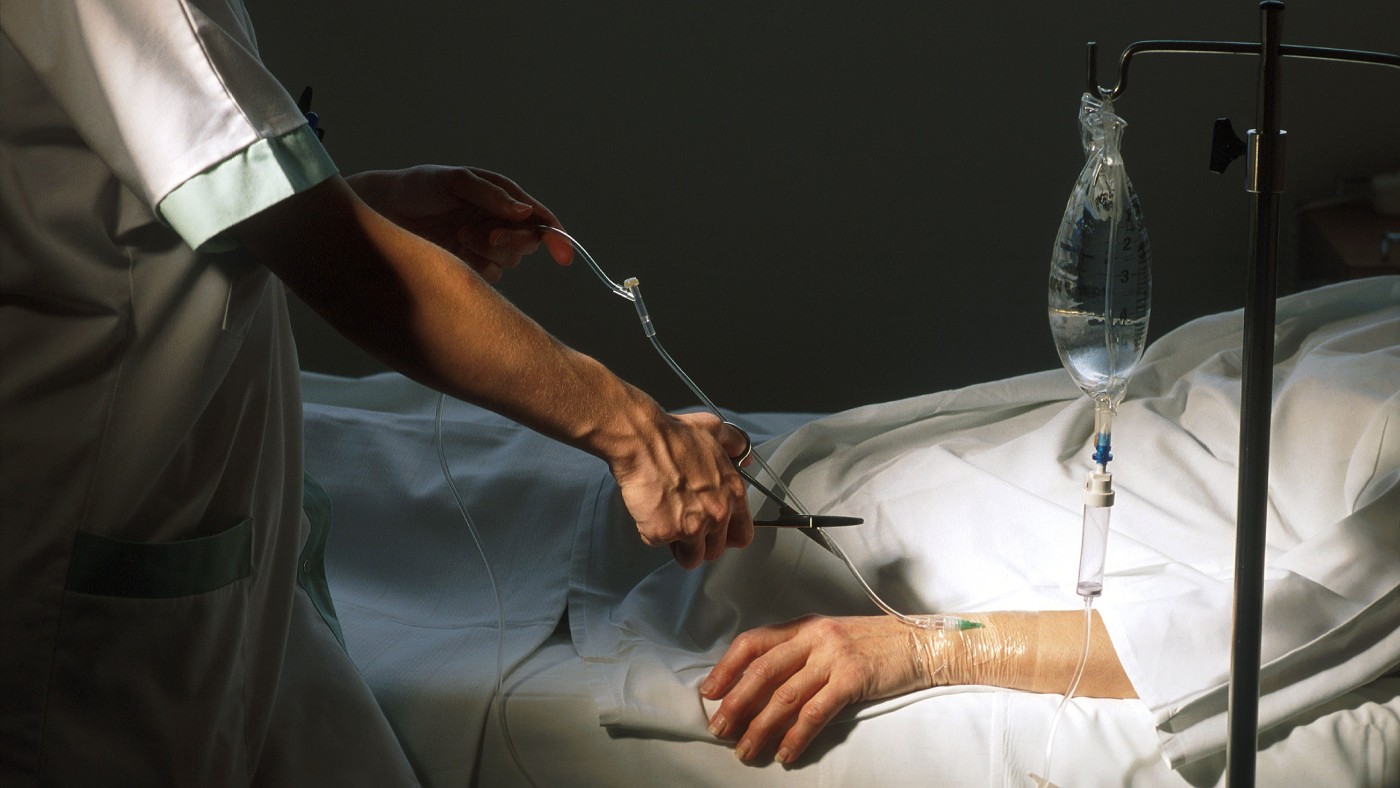
A free daily email with the biggest news stories of the day – and the best features from TheWeek.com
You are now subscribed
Your newsletter sign-up was successful
The Crown Prosecution Service has opened the door to legalising "mercy killings" of the terminally ill in the UK by introducing guidelines on when those assisting death should escape charges.
Announcing the new guidance, Max Hill KC, the outgoing director of public prosecutions, said it was "vital" that prosecutors were given "the clearest possible additional guidance" on the sensitive issue. He insisted the guidance will not result in fewer court cases or murder charges.
The revisions, which cover England and Wales, are designed to provide "transparency and consistency", said Sky News. But they will also prove controversial.
The Week
Escape your echo chamber. Get the facts behind the news, plus analysis from multiple perspectives.

Sign up for The Week's Free Newsletters
From our morning news briefing to a weekly Good News Newsletter, get the best of The Week delivered directly to your inbox.
From our morning news briefing to a weekly Good News Newsletter, get the best of The Week delivered directly to your inbox.
What is the latest guidance?
In response to a consultation on the issue, Hill said the CPS would "always prosecute cases of murder and manslaughter where there is sufficient evidence and it is in the public interest".
Prosecutions "would be likely in cases where suspects were alleged to have influenced a victim not to seek medical treatment, palliative care or independent professional advice", noted The Times, and if the suspects were medical or healthcare professionals and the victim was under their supervision.
But in cases where the victim had reached a "voluntary, clear, settled and informed decision that they wished for their life to end", prosecution would be less likely. The CPS also said it would be less minded to act on cases where "the actions of the suspect may be characterised as reluctant, in the face of significant emotional pressure due to the victim's wish for their life to end".
The question of a "suicide pact", where the suspect survives, is also taken into account, said the Law Society Gazette, and a prosecution is less likely if the suspect "made a genuine attempt to take their own life at the same time".
A free daily email with the biggest news stories of the day – and the best features from TheWeek.com
However, said the Daily Mail, the revised guidance does not discuss "assisted dying" or similar situations, which have "their own legal distinctions". In contrast to euthanasia and assisted suicide, assisted dying would apply to terminally ill people only, noted the BBC.
What's the law on assisted dying?
Under the Suicide Act 1961, assisting someone to take their own life is an offence punishable by up to 14 years in prison, while the maximum penalty for euthanasia, which could be prosecuted as murder, is life imprisonment.
It's a different story in some other countries: some form of assisted dying or assisted suicide is legal in at least 27 jurisdictions worldwide. For instance, it became legal in Canada in 2016, in the Netherlands in 2001, and in the US state of Oregon in 1994.
The new CPS guidance does not change any laws, explained Hill. "We are always conscious that the CPS doesn't make the law," he said. "It's only Parliament to do that. And we always follow the law that Parliament imposes and there's nothing in this guidance that would suggest anything otherwise."
Will the law change?
There is thought to be widespread support for legal change. Two-thirds of Britons support legalising assisted dying, according to an Ipsos poll published by The Guardian in August.
A YouGov poll found that 79% of disabled people in Scotland supported legalising assisted dying. The campaign group Dignity in Dying said its own polling showed that nearly 80% of those surveyed in England and Wales supported reforms that would offer the choice to "terminally ill, mentally competent adults".
But there is also opposition. In 2021, some 1,689 current and retired doctors, nurses, pharmacists and medical students signed an open letter opposing plans for a new law on assisted dying, noted the Evening Standard.
They argued that "the shift from preserving life to taking life is enormous and should not be minimised", adding that "any change would threaten society's ability to safeguard vulnerable patients from abuse". It would "send a clear message to our frail, elderly, and disabled patients about the value that society places on them as people".
In May, the Catholic Herald reported that the Catholic bishops of England, Wales and Scotland have "redoubled their effort to fight off attempts to legalise assisted suicide in the UK".
"Our faith traditions are united in the principle that assisted dying in itself inevitably undermines the dignity of the human person," they said in a statement, "and to allow it would mean that our society as a whole loses its common humanity".
Chas Newkey-Burden has been part of The Week Digital team for more than a decade and a journalist for 25 years, starting out on the irreverent football weekly 90 Minutes, before moving to lifestyle magazines Loaded and Attitude. He was a columnist for The Big Issue and landed a world exclusive with David Beckham that became the weekly magazine’s bestselling issue. He now writes regularly for The Guardian, The Telegraph, The Independent, Metro, FourFourTwo and the i new site. He is also the author of a number of non-fiction books.
-
 Minnesota's legal system buckles under Trump's ICE surge
Minnesota's legal system buckles under Trump's ICE surgeIN THE SPOTLIGHT Mass arrests and chaotic administration have pushed Twin Cities courts to the brink as lawyers and judges alike struggle to keep pace with ICE’s activity
-
 Big-time money squabbles: the conflict over California’s proposed billionaire tax
Big-time money squabbles: the conflict over California’s proposed billionaire taxTalking Points Californians worth more than $1.1 billion would pay a one-time 5% tax
-
 ‘The West needs people’
‘The West needs people’Instant Opinion Opinion, comment and editorials of the day
-
 The Supreme Court case that could forge a new path to sue the FBI
The Supreme Court case that could forge a new path to sue the FBIThe Explainer The case arose after the FBI admitted to raiding the wrong house in 2017
-
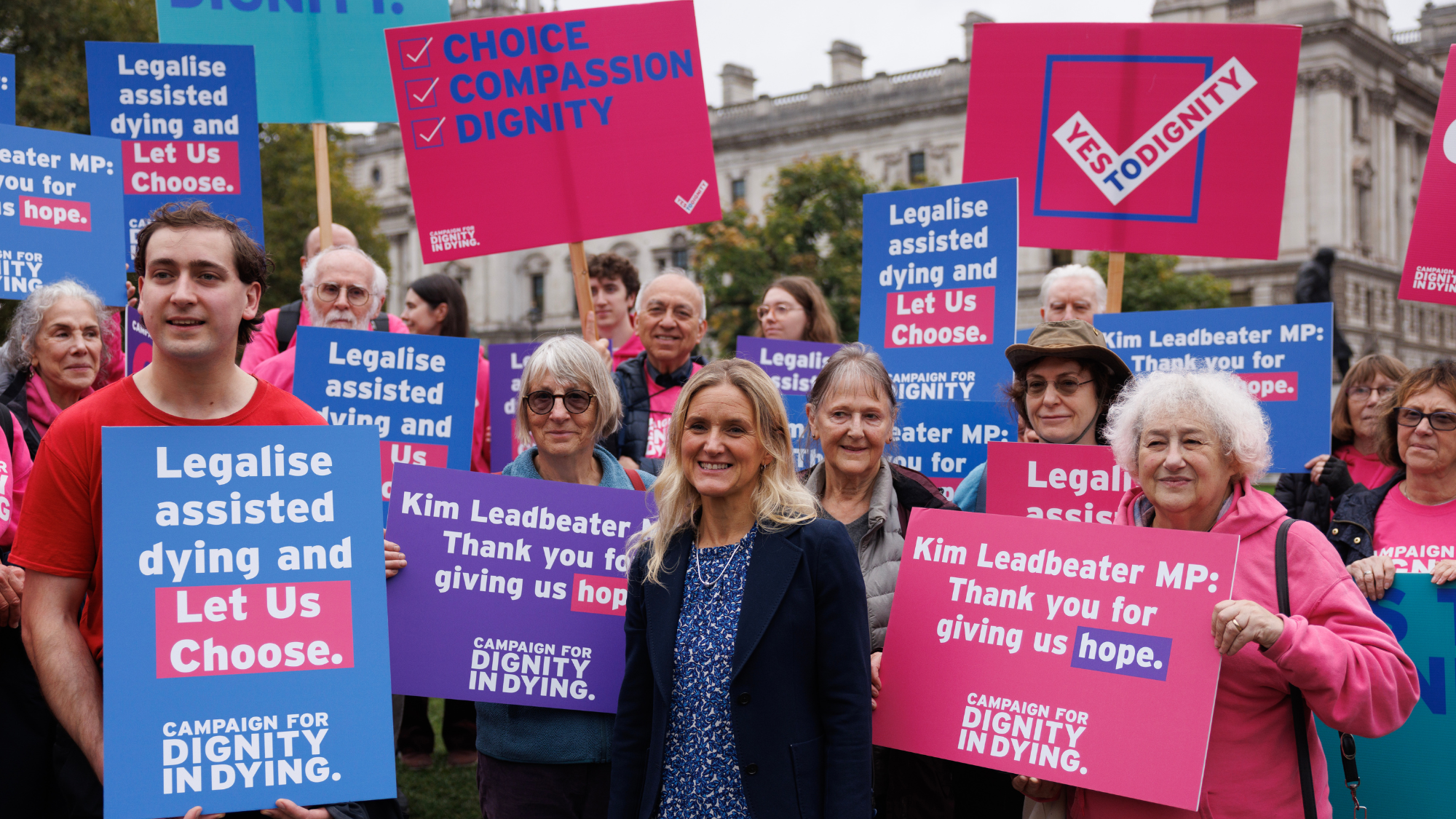 Assisted dying: what can we learn from other countries?
Assisted dying: what can we learn from other countries?The Explainer A look at the world's right to die laws as MPs debate Kim Leadbeater's proposed bill
-
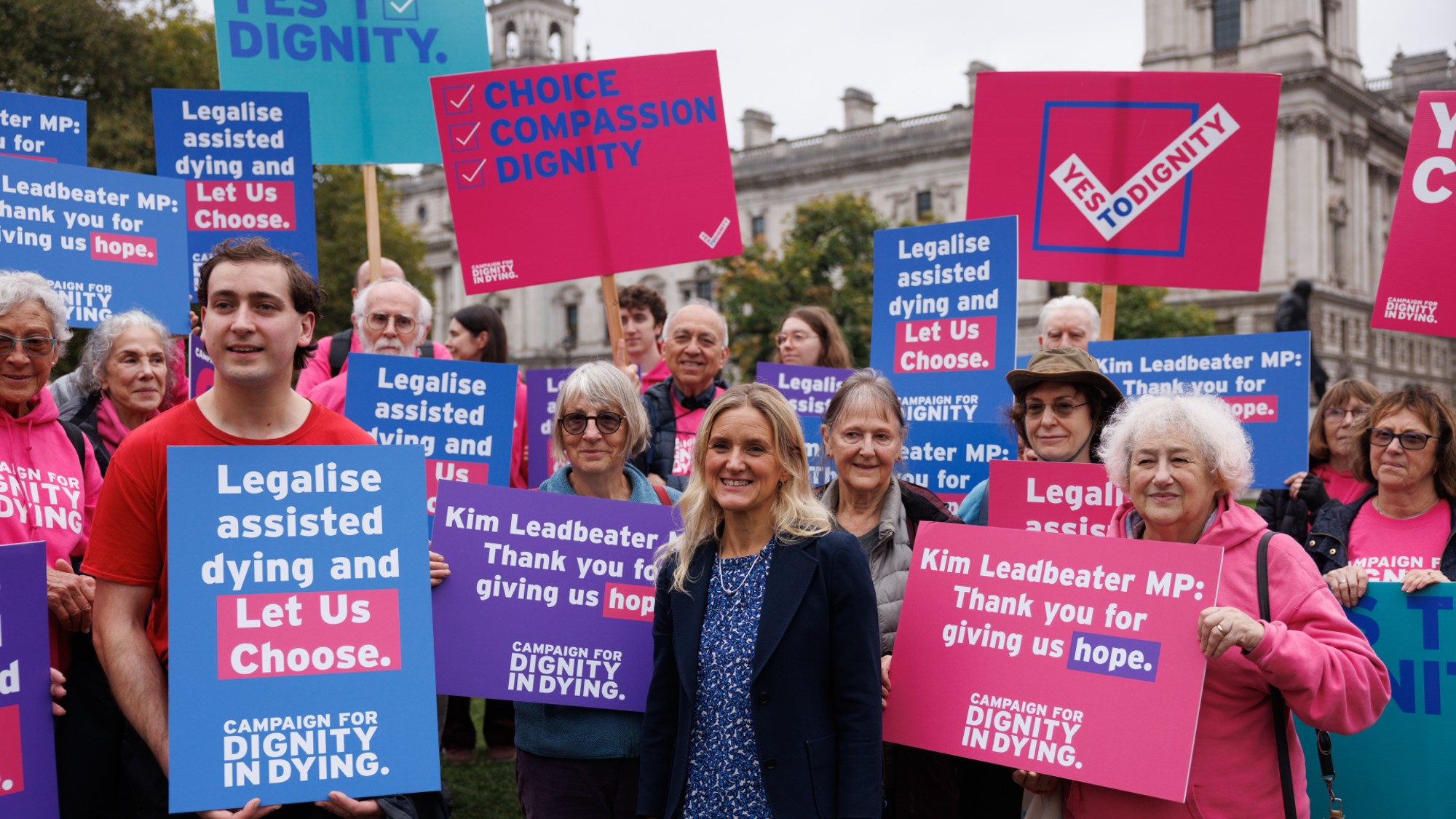 How would assisted dying work in the UK?
How would assisted dying work in the UK?The Explainer Proposed law would apply to patients in England and Wales with less than six months to live – but medics may be able to opt out
-
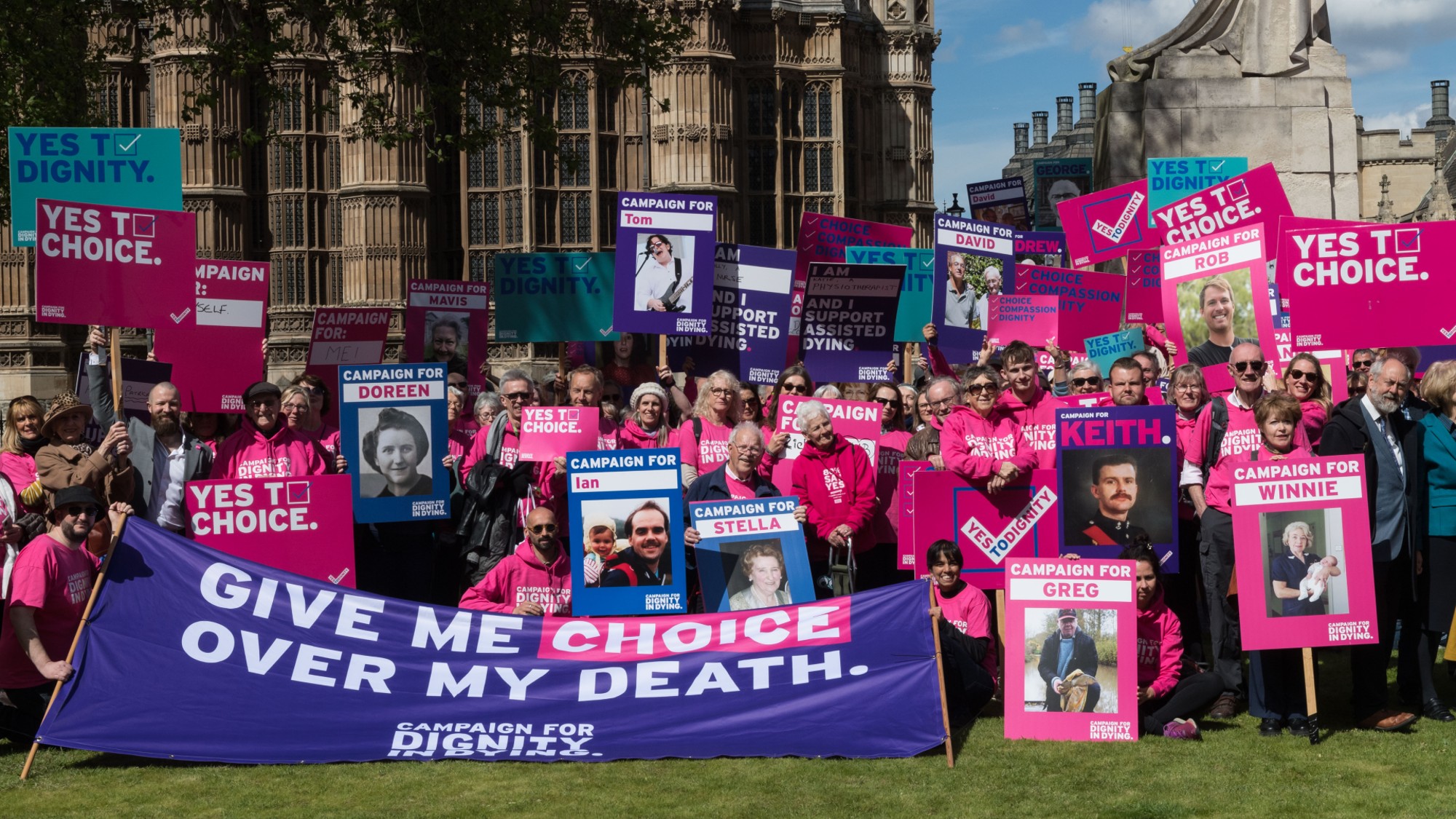 Assisted dying: will the law change?
Assisted dying: will the law change?Talking Point Historic legislation likely to pass but critics warn it must include safeguards against abuse
-
 The EU's landmark AI Act 'rushed' out as countdown begins on compliance
The EU's landmark AI Act 'rushed' out as countdown begins on complianceThe Explainer 'We will be hiring lawyers while the rest of the world is hiring coders' – Europe's warning about new AI legislation
-
 How a Cherokee tribe used tribal sovereignty to open North Carolina's only legal cannabis dispensary
How a Cherokee tribe used tribal sovereignty to open North Carolina's only legal cannabis dispensaryUnder the radar The tribe has plans to open sales to any adult in the state, even though the drug is still illegal there
-
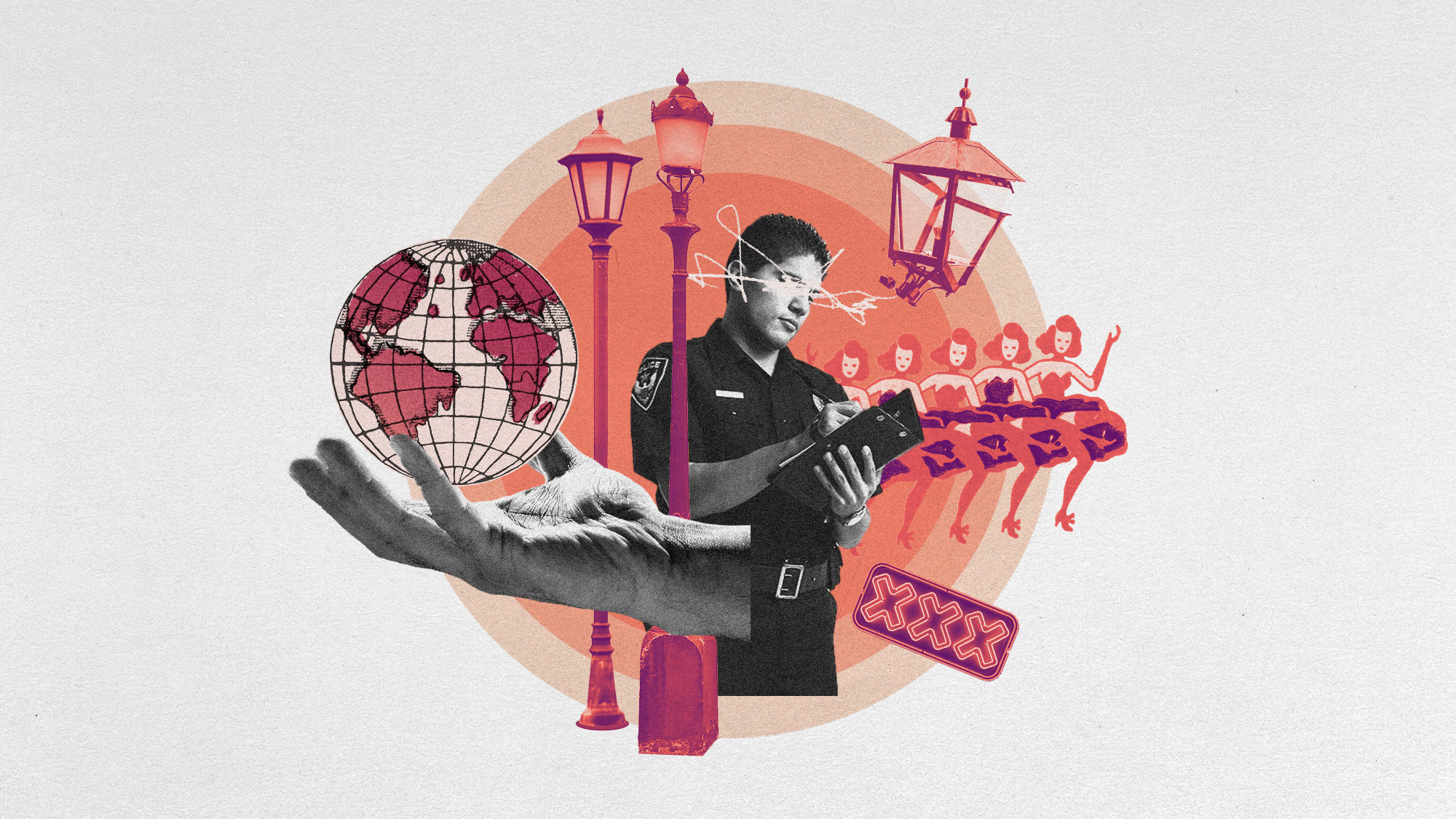 The state of sex work legalization around the world
The state of sex work legalization around the worldIn Depth The world's oldest profession has come a long way, but some say it is not enough
-
 Is international law falling apart?
Is international law falling apart?Today's Big Question Conflict in Gaza is testing the strength of the two intergovernmental courts in The Hague